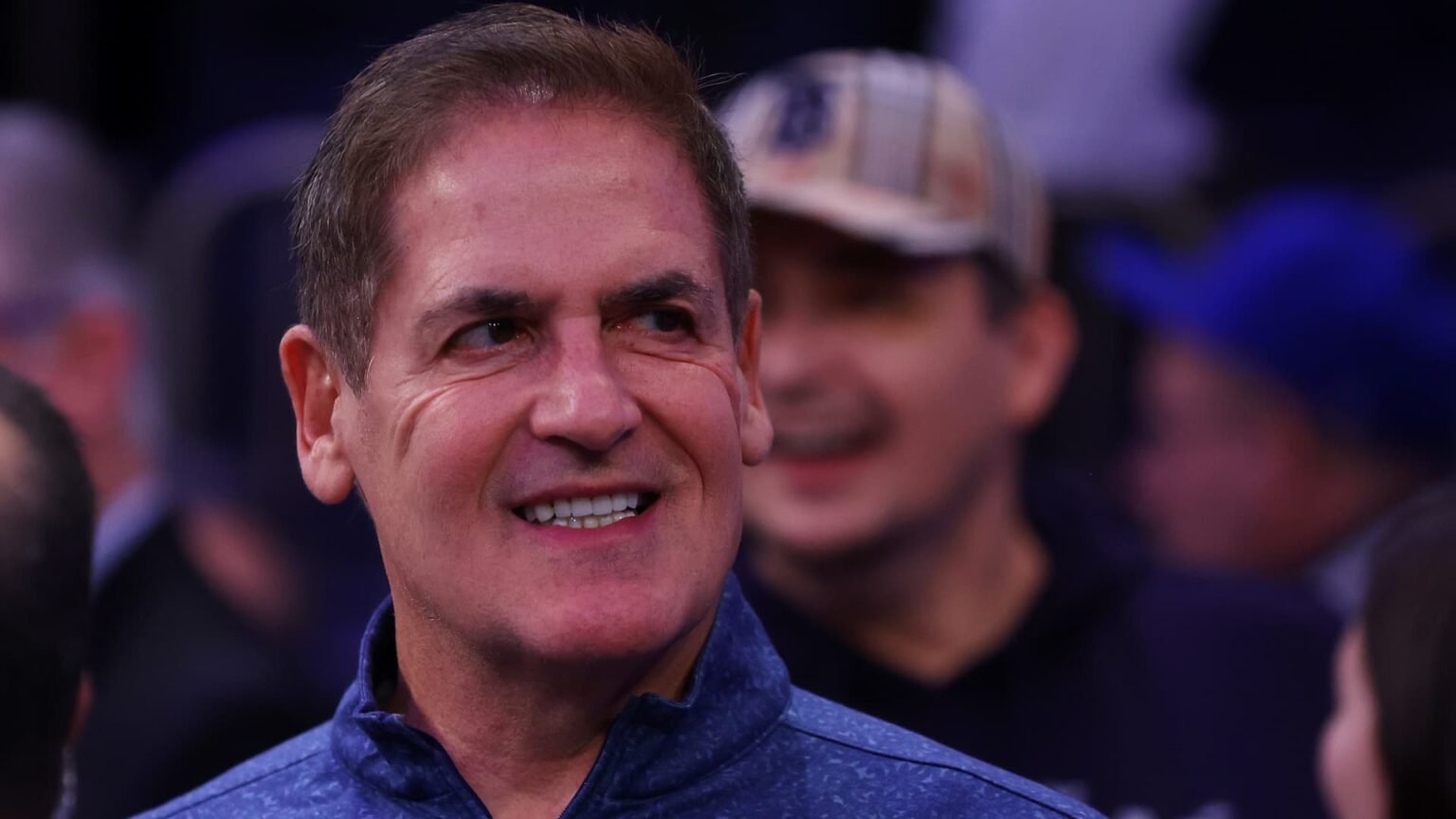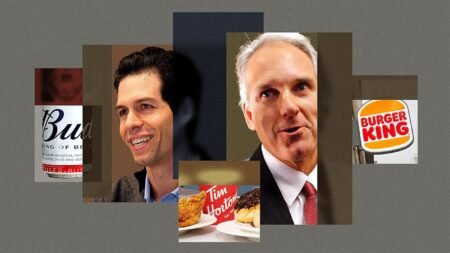Mark Cuban, an entrepreneur and investor, made a bold move in 1990 after selling his software startup MicroSolutions for $6 million and becoming a millionaire at the age of 32. After a night of heavy drinking with friends, he decided to spend six figures on a lifetime flight pass with American Airlines. Despite his initial skepticism about such a pass existing, Cuban called the airline and signed up for the AAirpass, which gave him and a companion almost unlimited miles for the rest of his life. The $125,000 he paid in 1990 would be worth around $300,000 in today’s dollars when adjusted for inflation.
The AAirpass, introduced in the early 1980s, offered members unlimited first-class travel with American Airlines for life at a price determined by their age at the time of purchase. However, the pass was eventually replaced by a similar membership called Airpass in 1994, which provided fixed-rate flights for frequent business travelers. American Airlines stopped issuing new Airpass memberships and renewals in November 2022, and the privileges of unlimited travel were discontinued in March 2024. Despite these changes, Cuban enjoyed his flight privileges for many years, often inviting friends to join him on spontaneous trips.
In 1999, Cuban made another extravagant purchase after selling his audio streaming platform Broadcast.com to Yahoo for $5.7 billion in stock and becoming a billionaire. He bought a Gulfstream G5 jet for $40 million, setting a Guinness World Record for the most expensive e-commerce transaction at the time. Cuban explained that he valued time above all else, and owning a private jet allowed him to save time on travel. Despite these luxurious expenditures, Cuban maintained a relatively modest lifestyle, living in the same house for 18 years and driving the same cars.
Cuban’s approach to spending and investing reflects his belief in prioritizing time and experiences over material possessions. His decision to purchase a lifetime flight pass and a private jet was driven by his desire for convenience and efficiency in travel, rather than a desire for flashy displays of wealth. Cuban’s willingness to indulge in luxuries like these contrasts with his overall attitude towards money and possessions, suggesting that he values practicality and utility in his spending decisions.
Cuban’s story serves as a reminder that success and wealth can be defined in many different ways, and that individual priorities and values play a significant role in shaping how people choose to spend and invest their money. By sharing his experiences with extravagant purchases like the lifetime flight pass and private jet, Cuban offers insights into his personal philosophy on money management and the importance of prioritizing what truly matters in life.












